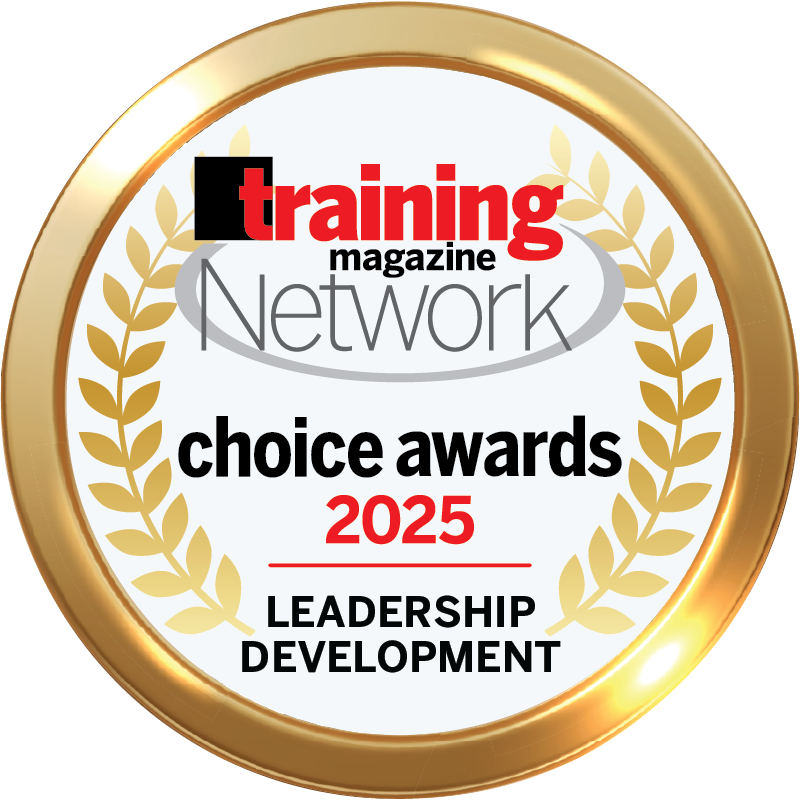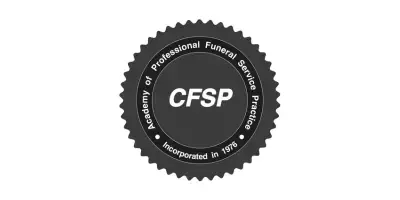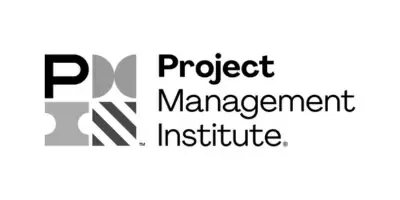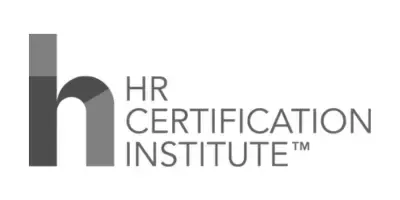Strategies for Effective Decision-Making in Leadership Development: Navigating the Path to Success
In the dynamic landscape of leadership development, mastering the art of decision-making is pivotal. This article explores the nuances of decision-making in leadership development, delving into strategies, challenges, and the transformative impact on organizational success.
Why Decision-Making Matters in Leadership Development
Decision-making serves as the cornerstone of leadership development. It shapes the trajectory of leaders and organizations alike, influencing outcomes and fostering growth.
The Psychology Behind Decision-Making
Understanding the cognitive processes involved in decision-making is crucial. Leaders must navigate biases, emotions, and uncertainties to make informed and effective choices. In navigating the cognitive maze of decision-making psychology, leaders gain a profound understanding of the intricacies shaping their choices. Recognizing the interplay between cognitive processes, biases, emotions, and stress equips leaders to make more informed and effective decisions in the realm of leadership development. Embracing this psychological perspective is a key step toward mastering the art of decision-making.
Common Decision-Making Challenges in Leadership Development
Leadership development isn't without its challenges. Explore the hurdles that often hinder effective decision-making and strategies to overcome them.
Analysis Paralysis: Breaking Free from Overthinking
Decision-making paralysis can impede progress. Discover techniques to break free from overthinking and make confident decisions.
Balancing Intuition and Rationality
Striking the right balance between intuition and rational analysis is an art. Uncover insights on how successful leaders navigate this delicate equilibrium.
Strategies for Effective Decision-Making in Leadership Development
Proactive leaders employ various strategies to enhance their decision-making prowess. Let's explore practical approaches to foster effective decision-making.
Data-Driven Decision-Making: Leveraging Insights
In the era of information, leaders harness the power of data to inform decisions. This strategy involves collecting, analyzing, and interpreting relevant data to gain valuable insights. By leveraging data-driven decision-making, leaders enhance their ability to make informed choices, mitigate risks, and align decisions with organizational goals.
Stakeholder Involvement: A Collaborative Approach
Recognizing the value of diverse perspectives, leaders embrace stakeholder involvement. This collaborative strategy engages key stakeholders in the decision-making process, fostering a sense of ownership and commitment. By integrating varied viewpoints, leaders not only make more robust decisions but also cultivate a culture of collaboration and inclusivity.
Scenario Planning: Preparing for the Unknown
In the ever-evolving business landscape, effective leaders employ scenario planning. This strategy involves envisioning and preparing for various potential futures. By anticipating uncertainties and developing contingency plans, leaders enhance their adaptability and resilience. Scenario planning equips leaders with the foresight needed to navigate complex and unpredictable situations with confidence.
Decision Trees: Mapping Out Choices
Decision trees offer a visual and systematic approach to decision-making. This strategy involves mapping out choices and potential outcomes in a structured format. Leaders utilize decision trees to analyze the consequences of different decisions, identify the optimal path, and enhance their decision-making precision. This method provides a clear framework for navigating complex decision scenarios.
Ethical Decision-Making Framework: Aligning with Values
Maintaining ethical integrity is paramount in leadership development. Leaders adopt an ethical decision-making framework that aligns choices with organizational values. This strategy involves considering the ethical implications of decisions and ensuring alignment with principles. By prioritizing ethical considerations, leaders build trust, foster a positive organizational culture, and navigate challenges with integrity.
Agile Decision-Making: Flexibility in Action
Agile decision-making emphasizes flexibility and adaptability. Leaders embracing this strategy respond promptly to changing circumstances, iterate on decisions as needed, and continuously learn from outcomes. The agile approach empowers leaders to navigate uncertainty with resilience, fostering a culture of innovation and responsiveness within the organization.
Effective Decision-Making in Leadership Development: FAQs
1. What role does emotional intelligence play in decision-making?
Emotional intelligence is paramount. Leaders with high emotional intelligence navigate interpersonal dynamics, fostering effective decision-making.
2. How do you handle decisions with conflicting opinions within a team?
Conflict is inevitable. Leaders should foster open communication, encouraging team members to express diverse opinions and find common ground.
3. Can decision-making be learned, or is it an inherent trait?
While some may have a natural inclination, decision-making is a skill that can be honed through practice, self-reflection, and learning from experiences.
4. How does time pressure impact decision quality?
Time pressure can influence decisions. Leaders must strike a balance, avoiding hasty choices while recognizing situations that demand prompt action.
5. Is consensus always the goal in decision-making?
While consensus is beneficial, it's not always realistic. Leaders should aim for alignment, ensuring everyone understands and supports the final decision.
6. How do you recover from a poor decision as a leader?
Acknowledge mistakes, learn from them, and adapt. Transparent communication and a commitment to improvement help leaders recover from missteps.
Conclusion
In the realm of leadership development, mastering Effective Decision-Making is a journey, not a destination. Leaders who continually refine this skill contribute to organizational resilience and success. Embrace the challenges, learn from experiences, and navigate the complexities of decision-making with confidence for a thriving leadership journey.
Interested in a free Leadership Skills Workshop with your team?
- Address instantly fixable issues that impact customer perceptions and employee morale.
- Learn and practice a habit that will raise employee performance.
- Set actions with specific and measurable steps that they'll gladly be accountable to achieve.











